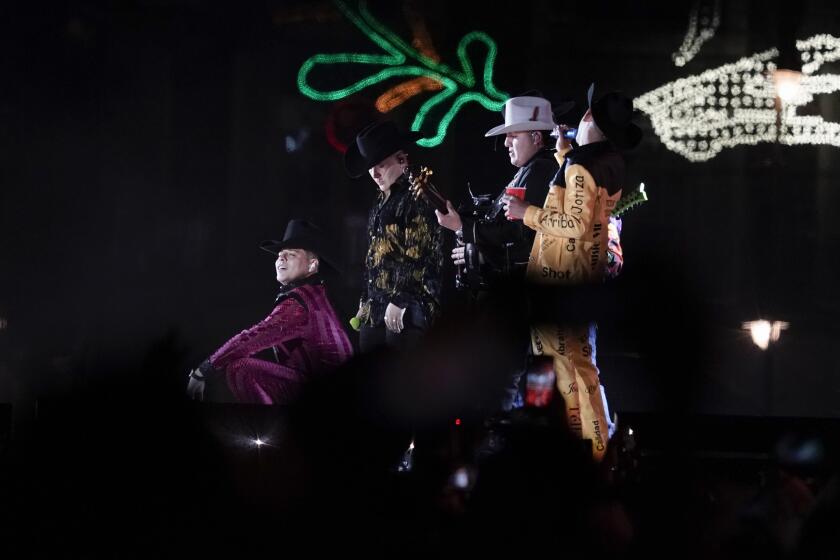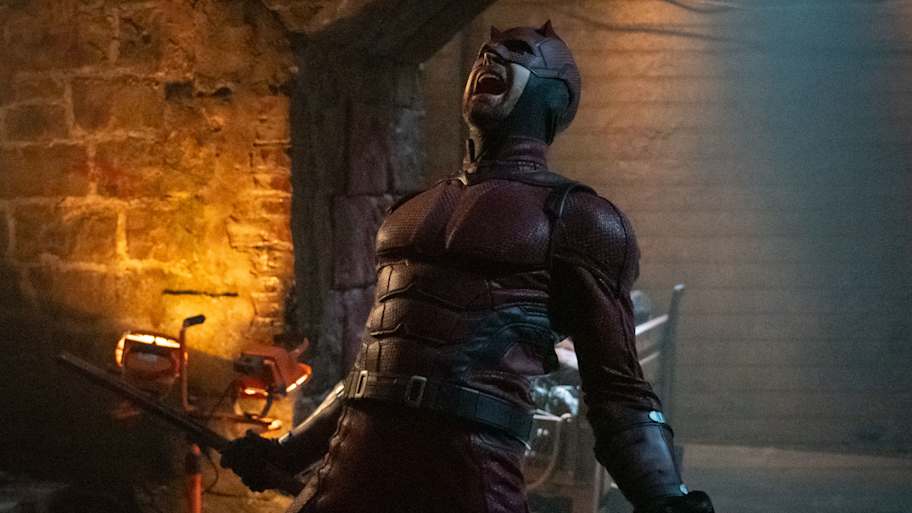Fast-food giant closes every restaurant in key market
Jack in the Box
, a prominent name in the fast-food industry, has decided to close all its restaurants in the Kansas City metropolitan area. This move is not isolated but part of a larger strategy to improve the company’s financial health. The closures are part of a national initiative known as the
“program of block closures”
, targeting between 150 and 200 underperforming restaurants. Many of these locations have been operational for decades, contributing to their declining performance.
The timeline for these closures is set, with approximatel
y 80 to 120 restaurants
expected to shut down by the end of 2025. The remaining closures will occur as franchise agreements expire. This strategic decision is a key component of the company’s broader initiative,
“JACK on Track”
, which aims to revitalize the brand and improve its financial standing.
The
“JACK on Track”
initiative has several objectives. Primarily, it seeks to address the company’s balance sheet by accelerating cash flow and reducing debt by approximately
$300 million over the next two years.
Additionally, the strategy focuses on achieving consistent net unit growth and enhancing competitive unit economics, all while simplifying the business model and investor narrative.
As part of this strategy,
Jack in the Box
is also considering the sale or other strategic alternatives for its Del Taco brand, acquired in 2022. Currently, Jack in the Box operates around
2,200 restaurants
under its name and 600 Del Taco locations. This potential divestiture could further streamline operations and focus resources on core business areas.
Recent financial challenges have prompted these strategic decisions.
Jack in the Box
reported a preliminary 4.4% decrease in same-store sales for the second quarter, while Del Taco experienced a 3.6% decline. For
fiscal year 2025,
the company anticipates a low to mid-single-digit decrease in comparable sales for its main business, highlighting the need for strategic adjustments.
The
fast-food
industry faces significant challenges, exacerbated by the Covid-19 pandemic and rising prices. These factors have led to reduced foot traffic and discretionary spending, impacting chains like J
ack in the Box
that rely on regular customers and commuters. As prices rise, consumers often cut back on dining out, affecting the industry’s bottom line.
In summary, the closure of all
Jack in the Box
restaurants in Kansas City is a decisive step in a broader strategy to close underperforming locations nationwide. This move aims to enhance the company’s financial health, reduce debt, and optimize its business model amid economic challenges and shifting consumer behaviors.





